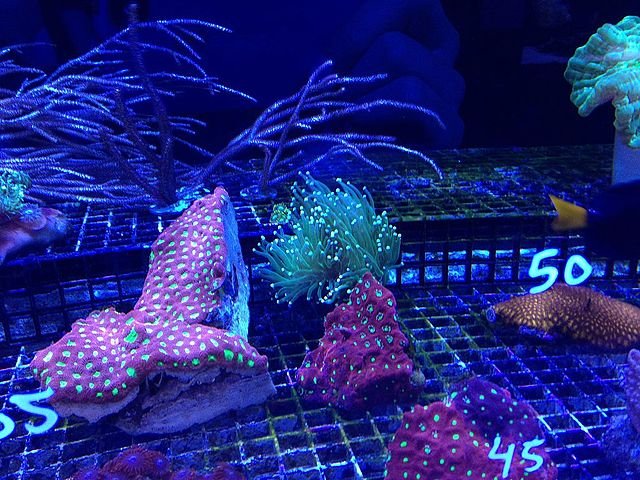Australia.- James Cook University scientists are trying to find a natural way to curb huge stock losses in the fish farming industry, with a search for a champion fish-cleaning shrimp to kill parasites.
PhD student David Vaughan is working on a project led by Dr Kate Hutson at JCU’s Centre for Sustainable Tropical Fisheries and Aquaculture.
Mr Vaughan said cleaner shrimp are common on the Great Barrier Reef and in home fish tanks, where they can be seen eating parasites that live on fish.
“We know there are 52 known species of shrimp that clean fish but our research shows that different species do it differently. Some are better at removing parasites off the fish while others are better at hunting down and eating the environmental life-stages of these parasites like the eggs or larvae.”
He said that by removing the eggs and larvae, the shrimp effectively reduce the chances of fish becoming reinfected without having to be in direct contact with the fish.
“We’re going to test cleaner shrimp in a simulated aquaculture environment to try and identify the best variety for cleaning parasites from fish in farmed conditions,” said Mr Vaughan.
He said between 30 – 50% of farmed fish in Southeast Asia, the largest fish producing region in the world, are lost to parasites.
“What we are doing is similar to work done in Europe using cleaner fish to remove parasites off salmon, and is a ‘greener’ alternative to using chemicals. It will be a first in this part of the world as currently there are no bio-controls used in tropical marine aquaculture.”
Stay Always Informed
Join our communities to instantly receive the most important news, reports, and analysis from the aquaculture industry.
Mr Vaughan said the team expected to have identified a candidate cleaner shrimp for further development by early next year.
Contacts
Mr David Vaughan
E: david.vaughan@jcu.edu.au
Source: James Cook University
Editor at the digital magazine AquaHoy. He holds a degree in Aquaculture Biology from the National University of Santa (UNS) and a Master’s degree in Science and Innovation Management from the Polytechnic University of Valencia, with postgraduate diplomas in Business Innovation and Innovation Management. He possesses extensive experience in the aquaculture and fisheries sector, having led the Fisheries Innovation Unit of the National Program for Innovation in Fisheries and Aquaculture (PNIPA). He has served as a senior consultant in technology watch, an innovation project formulator and advisor, and a lecturer at UNS. He is a member of the Peruvian College of Biologists and was recognized by the World Aquaculture Society (WAS) in 2016 for his contribution to aquaculture.



